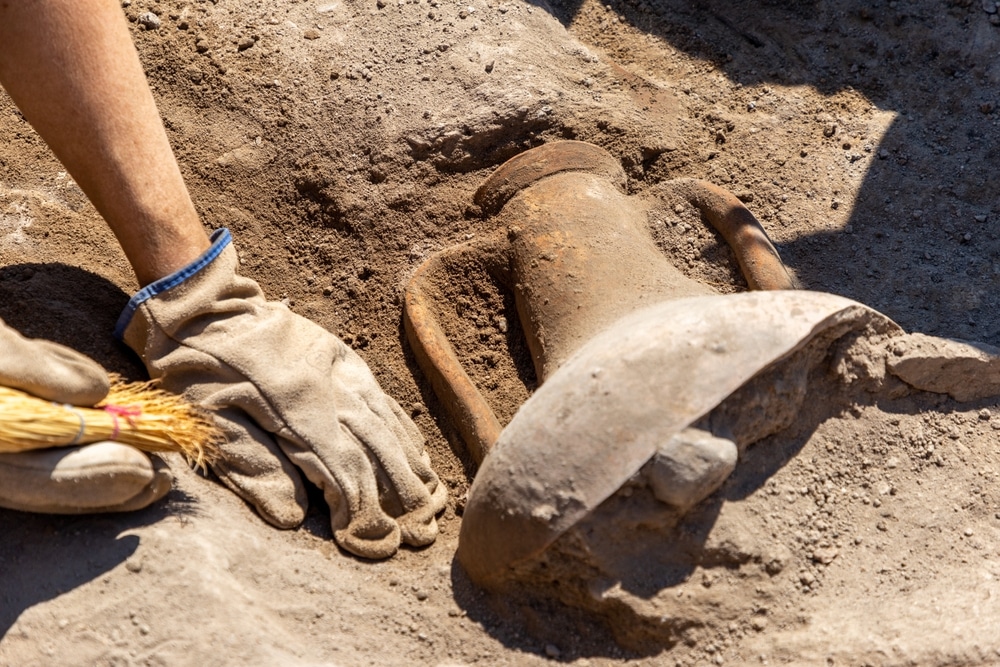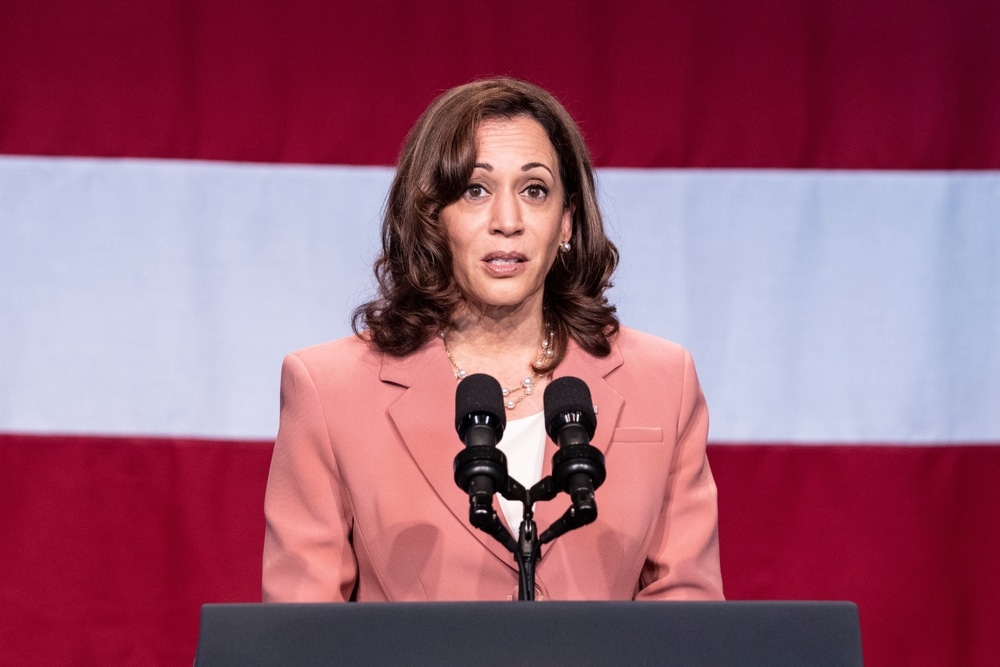Israel is braced for a wave of drone attacks from Iran.
The Israel Defense Force (IDF) warned at around 11pm that at least 100 drones had been launched. This was followed by an announcement from Iran’s state-run news agency that ballistic missiles have also been launched.
Since then there has been some apprehension on the streets, but daily life has continued pretty much as normal, although tonight the IDF updated instructions for the population on the precautions they need to take.
Meanwhile, the IDF has been stepping up its air defences over the last 10 days, including calling up specialist reservists. Israel has the best anti-missile defences in the world, and they will do their best to down most or all weapons before reaching Israeli airspace. However that will not be easy to achieve, with large swarms of drones either preceded or followed up by missiles.
The commander of US forces in the Middle East has been in Israel in the last few days, coordinating with the IDF, and US forces will assist Israel in intercepting the drones, including by providing airborne early-warning systems.
Israel’s other allies may also provide support, and the Israeli prime minister specifically thanked Great Britain and France for their support.
There is also a significant threat from Lebanon, where the Iranian proxy Hezbollah has an estimated 150,000 rockets and missiles pointing at Israel. They have been firing rockets and drones into the Israeli border area almost daily since the Hamas attack on Oct 7. It is possible that Hezbollah might launch an intensive barrage to coincide with the arrival of the weapons from Iran, in an attempt to overwhelm air defences.
Israel will have no choice other than to respond to this Iranian attack, as every country would. The IDF has of course been preparing for that as well, perhaps by striking military targets inside Iran and other countries from which any missiles or drones are launched.
As the US sought to prevent Iran from attacking Israel by intensive diplomatic efforts, the Biden administration will likely try to pressure Israel to limit its retaliation, in other words to de-escalate.
However, even if limited damage is inflicted in this attack, Israel should strike back hard – perhaps with even greater strength – to deter further attacks.
While hostilities directly with Iran are unlikely to expand beyond air attacks and possibly naval conflict, a major attack by Hezbollah might well lead to an all-out war in Lebanon, which has been on the cards since October.
This latest development in the Middle East shows that this is not just a conflict between Israel and the Palestinians. The war in Gaza was initiated by Hamas and Islamic Jihad, both Iranian proxies, and has been joined since the start, in the form of attacks on Israel, by Tehran’s proxies in Lebanon, Syria, Yemen, Iraq and the West Bank.
However this conflict continues to develops, Israel’s allies, including the US and UK, must do all that is needed to stand strongly by their main ally in the Middle East, if necessary with military action. Failure to do so will increase the prospects of escalating conflict in the region.
















